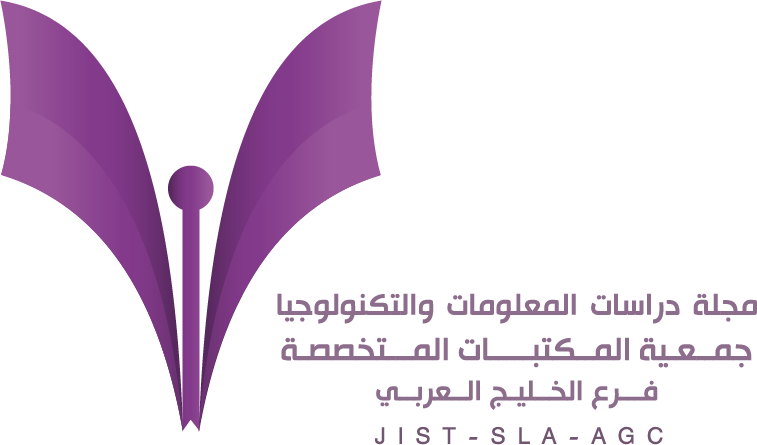-
oa Influence of educational qualification on job satisfaction among librarians in the university libraries of Southern Nigeria
- Source: Journal of Information Studies & Technology (JIS&T), Volume 2021, Issue 1, Mar 2021,
-
- 14 August 2020
- 11 October 2021
- 31 March 2021
Abstract
This study investigates the influence of educational qualification on job satisfaction among librarians in the university libraries of Southern Nigeria. The study adopts an expost-facto research design. The populace consists of overall 841 librarians in federal, state and private university libraries of Southern Nigeria. A purposive sampling technique was adopted for the study because the whole population was used as the sample. Data were collected using a self-constructed questionnaire entitled “Educational Qualification and Job Satisfaction Scales” (HEQJS). Two research questions were answered in this study. Copies of the questionnaire were administered to the 841 librarians from 84 university libraries. The data collected were analysed using frequency counts, percentages and Pearson's product-moment correlation coefficient. The results of the study revealed that educational qualification has a relationship with job satisfaction of librarians in the university libraries of Southern Nigeria. The librarians were satisfied with their job. The findings of this study showed the relevance of educational qualification on the job contentment of librarians. This study recommends that in order to boost job fulfilment of librarians in the universities, the heads of the university libraries should encourage the staff for further study in librarianship both in Nigeria and abroad, which will improve their job fulfilment, as well as ease the process of sponsorship of the librarians.


